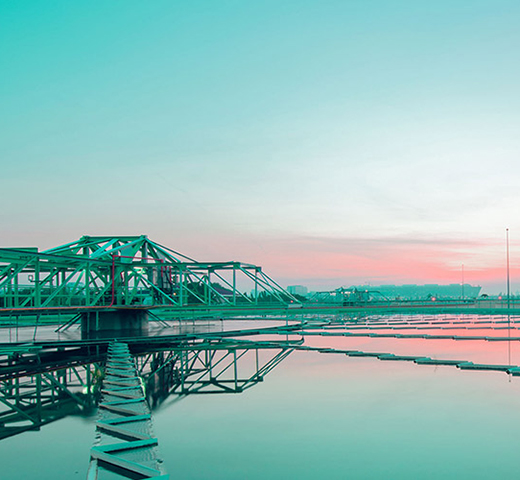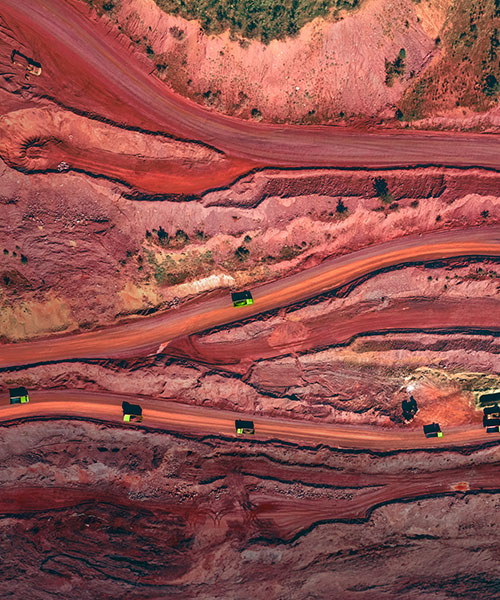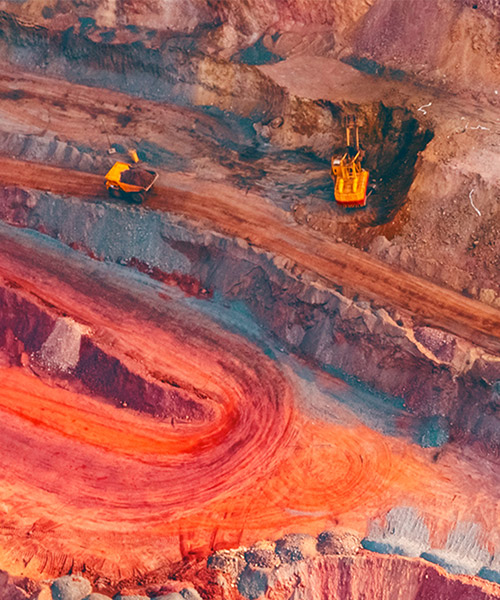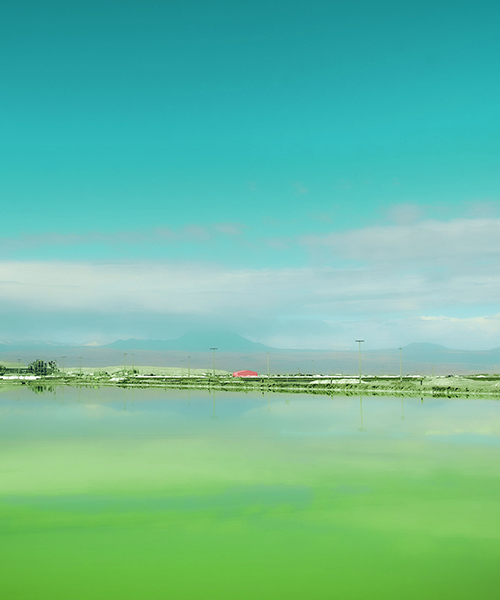Water
Solutions for industrial water challenges
Water stewardship is key to the viability of industrial projects and the social license of operators. How can asset owners use water more responsibly?
We help our customers to make better use of water across their operations. Our goal is to provide efficient and responsible solutions to access, treat, use, and reuse water – from assessing potential water resources to optimizing and maintaining water treatment systems, desalination plants and wastewater facilities.
Sustainable water management
Sustainable water management depends on a holistic approach to water projects, considering everything from groundwater modeling in the concept phase all the way to decommissioning water infrastructure responsibly.
We start this process by providing advisory and regulatory services for responsible water use in projects. This informs how we design and construct water facilities. We also support our customers to store and distribute water across their operations, maintain their water assets, and conduct water monitoring in the field.
Statistic Cards
years of experience
countries
water solutions
Speak to an expert today

New sources of energy require a lot of water, too. And our customers will increasingly experience competing demands for finite water resources. Water can’t be an afterthought on industrial projects anymore."
Few minerals or metals are as water-intensive to process as copper. The challenge for many copper producers is that most of the world’s largest copper deposits are in the driest regions on earth, such as the Atacama Desert in Chile and the arid American Southwest. Miners in these regions are facing worsening water scarcity.
This creates a twofold challenge for copper miners; finding a sufficient water supply to process growing volumes of copper ore, and reusing as much water as possible to reduce the overall water footprint of their mines.
What actions can copper producers take to become better water stewards, reduce the environmental impacts of their mines, and balance their water and energy use to maximize the viability of their operations?
In this paper, we examine the future of water in copper mining, what this means for copper producers in the Americas seeking to become better water stewards, and emerging strategies to the trade-offs between water consumption and energy usage.
Why is water supply so important for industry?
With growing focus on the CO2 intensity of energy, chemicals and resources projects, water availability can seem like a secondary consideration.
But an inadequate industrial water supply – or a lack of social license for a project’s approach to sourcing water – can grind critical projects to a halt before they deliver any economic or sustainability benefits.
How can water-dependent facility owners ensure a sufficient and socially acceptable water supply to run tomorrow’s projects?

Today, desalination is fast becoming a viable supply solution for industries around the globe. Better wastewater reuse and desalination technologies are being developed at a rapid pace to meet the water needs of tomorrow. Advancements here are allowing industrial water users alternative options to ensure their unique project needs are met.

But necessity is the mother of all invention, and the growing need for high-quality water feedstocks in industry will drive us to efficiently treat large volumes of poor-quality waste streams. This wastewater can then become a critical and high-value feedstock in water-stressed regions."





